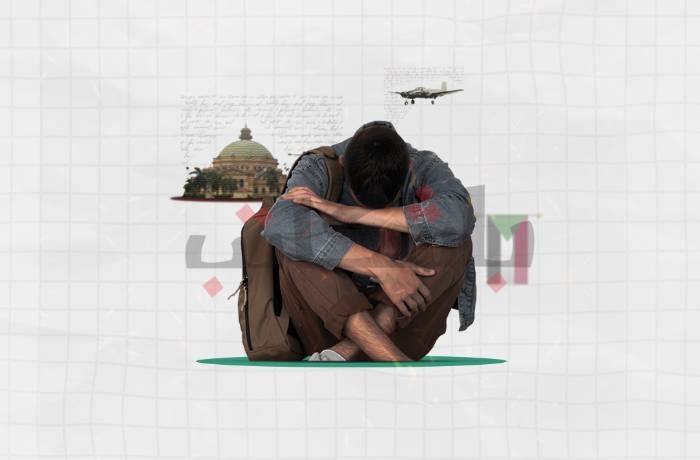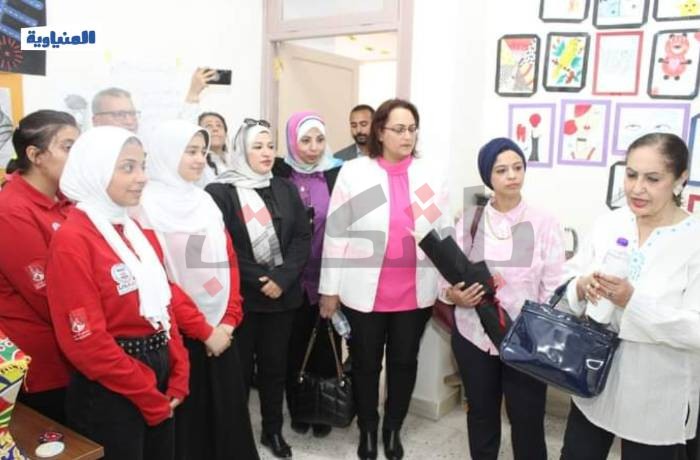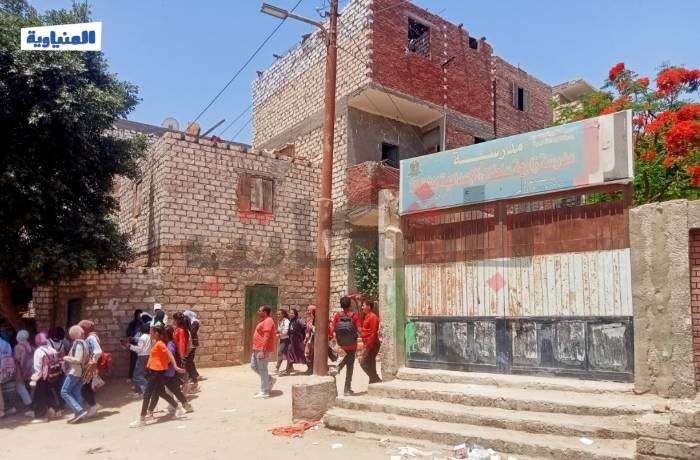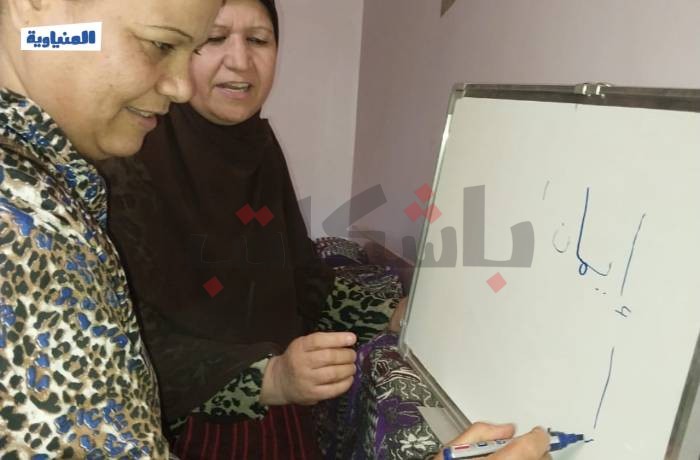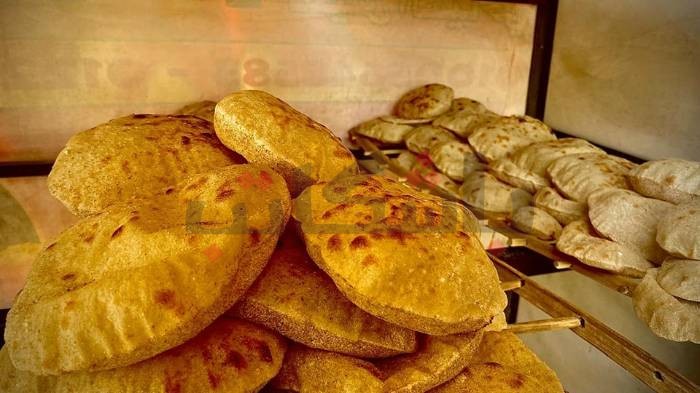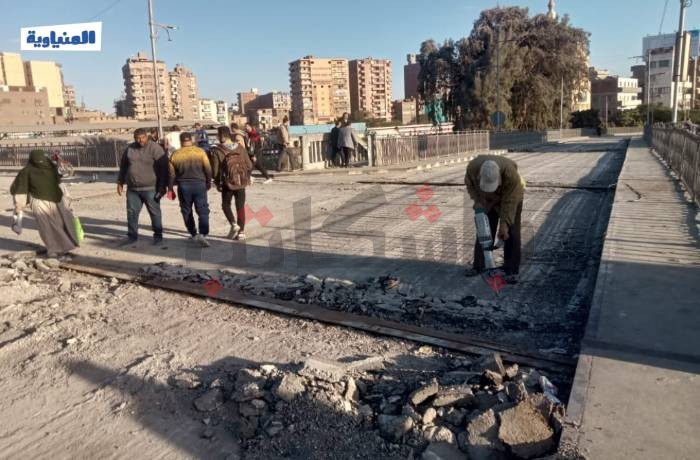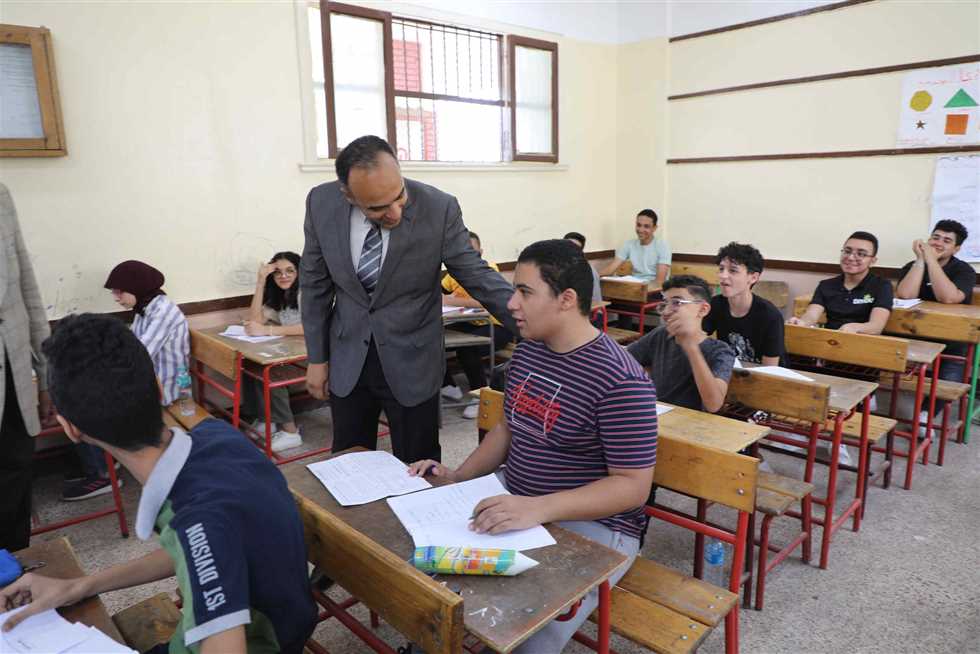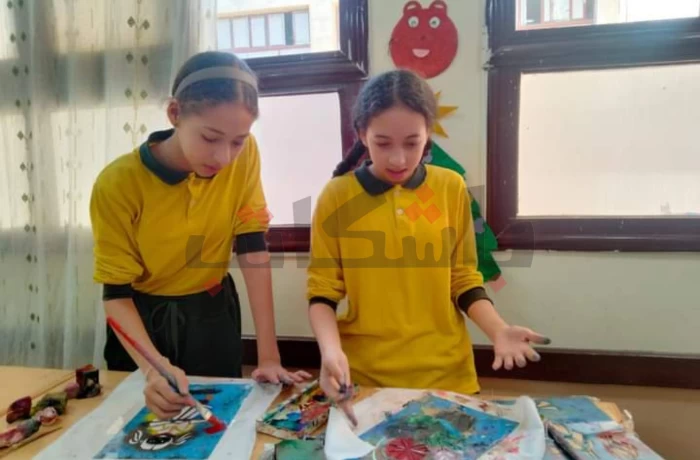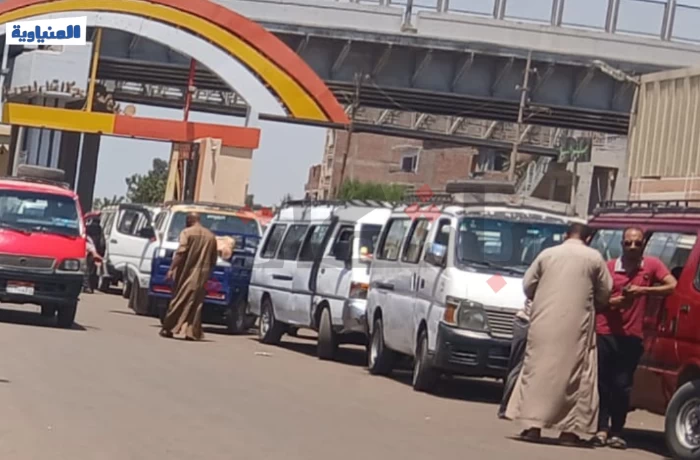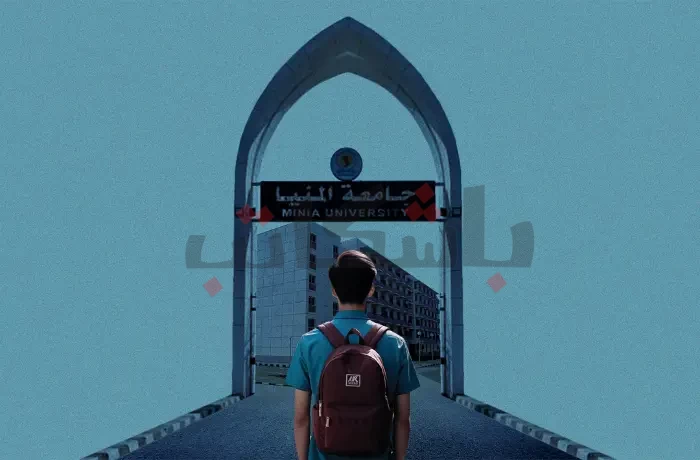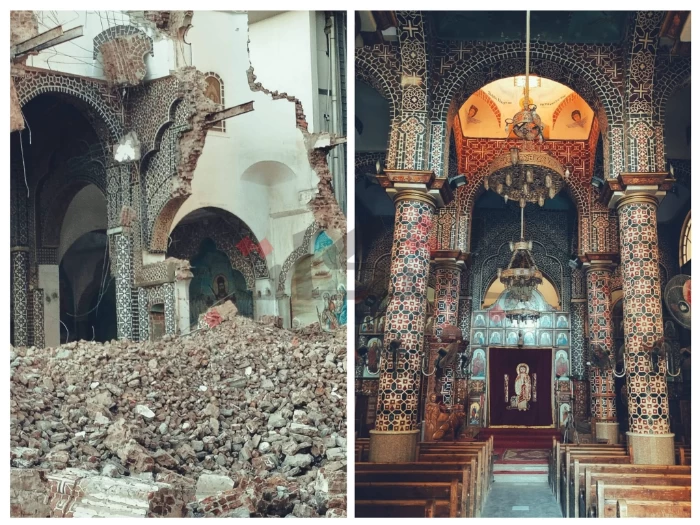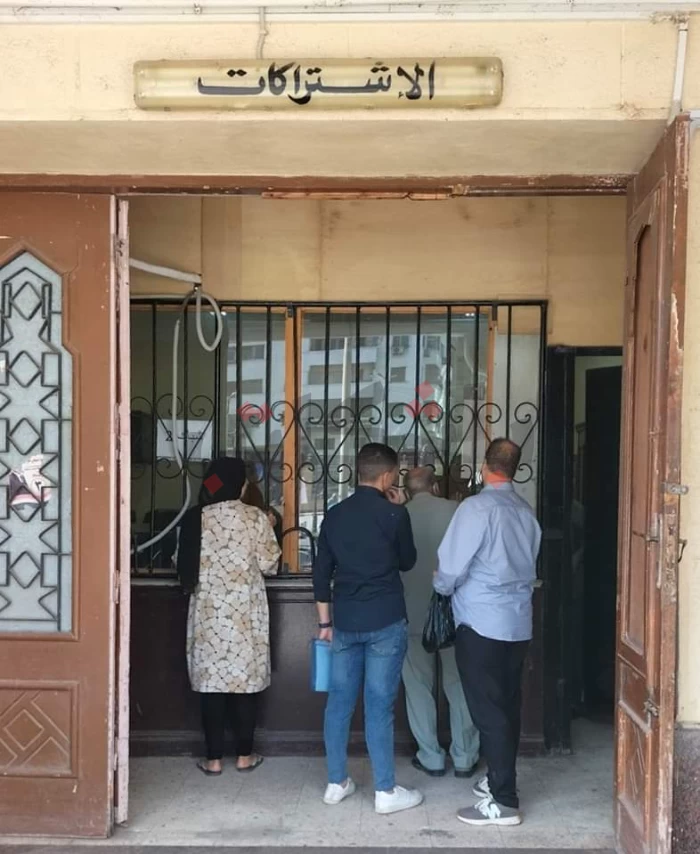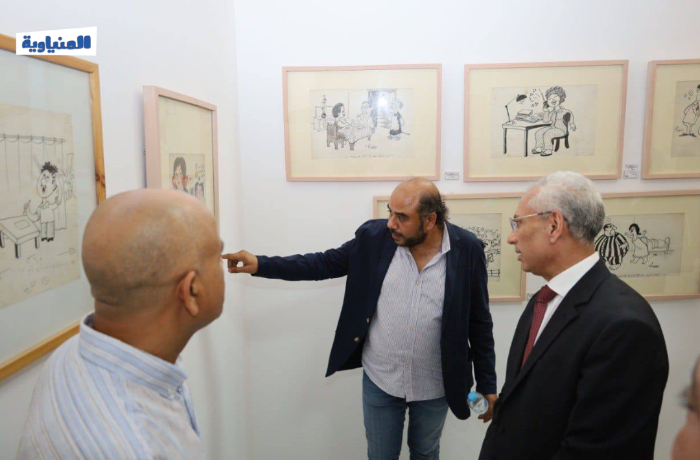Before the clashes between the Sudanese army and the Rapid Support Forces that broke out in last mid-April, Mohamed Ahmed, from Mallawi town, used to be a third-year medicine student in Sudan University, Khartoum, he shared a resident there with other Egyptians who went to study in Sudan as their high school grades couldn’t get them to join one of the Egyptian colleges… nothing bothered them except homesickness and feelings of loneliness.
Ahmed Ramadan, from the same town too, used to study in the Al-Safa college, and live with other students just one block from the college where he studies.
As the clashes continued, and amidst the interruption of communications between them and their universities, both young men decided with other students to go to Minya, Egypt, especially as other Sudanese fled there.
Though Mohamed and Ahmed went home safe and sound, there is an ugly side of the story concerning studying in Egypt.
As soon as they arrived in Minya, the Supreme Council of Universities issued at the beginning of last May a decision allowing, according to several regulations, the reception of papers of students returning from Russia, Ukraine, and Sudan to complete their studies in certain Egyptian universities.
However, Ahmed Ramadan’s enrolment in Al-Safa college was on the condition he would pay the tuition fees for the academic year only, unlike Mohamed Ahmed’s that required obtaining the tuition fees for the five academic years before registering.
Mohamed Ahmed’s family managed to give him the four thousand dollars fees, which was a big sum of money for them, that’s why it was not possible for him to ask his family for another tuition fees for a private university in Egypt.
Muhammad feels that he is in great distress, like his future is “on pause”, waiting for the Egyptian embassy or the Ministry of Immigration to intervene, otherwise he “will have no future,” as he described it.
Mohamed tried last month to contact the university to know the fate of the money he paid so he can apply to one of the universities in Egypt, but there was no response.
Things were less complicated for Ahmed Ramadan, who is getting ready to continue his study in Beni-Suef National University after receiving his admission letter, ready to forgo the admission fees he paid in Sudan and start a new academic year.
Nonetheless, Ahmed is disturbed by the scenes stuck in his memory that he witnessed during the clashes and his return journey, saying that he always felt there is tension in the streets, adding “we used to tell ourselves to focus only on studying until we return to Egypt”.
Ahmed describes the period he spent until he managed to arrange his return to Egypt as a hard time, electricity was cut, and consequently the internet and communications; whenever he looked out of the window, he would see bodies of the clashes’ victims lying in the streets, whereas bombing sounds was on repeat day and night. After that, lectures were on hold, universities closed their doors without contacting the students, and fear and anxiety fell upon everyone.
The Egyptian Embassy in Khartoum contacted Ahmed and other Egyptians to evacuate them from Sudan, they tried to rationalise food and water at that time as they didn’t know how long they would stay there. The assembly point was at the Arqin border crossing.
Ahmed preferred to return back home as soon as possible, so he booked a bus ticket to Egypt which cost him 10,000 EG, approximately 16 times more than what he had paid before, which was 600 EGP. He tried to gather some of his belongings, but he was forced to leave most there, “the lighter we travelled the safer we were”.
